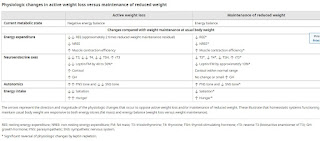Intermittent Fasting: A Review of the Evidence

Intermittent fasting (IF) is an eating pattern that cycles between periods of fasting and eating. There are many different IF regimens, but they all involve restricting calorie intake for a certain number of hours each day or week. IF has been shown to have a number of health benefits, including weight loss, improved blood sugar control, and reduced risk of chronic diseases such as heart disease, cancer, and Alzheimer's disease. How Does IF Work? When you fast, your body goes into a state of ketosis. Ketosis is a metabolic state in which your body burns fat for energy instead of glucose. This can lead to weight loss and other health benefits. IF also appears to have beneficial effects on insulin sensitivity and inflammation. Insulin is a hormone that helps your body use glucose for energy. When you are insulin resistant, your body does not respond normally to insulin, which can lead to high blood sugar levels. Inflammation is a natural immune response, but chronic inflammation can...